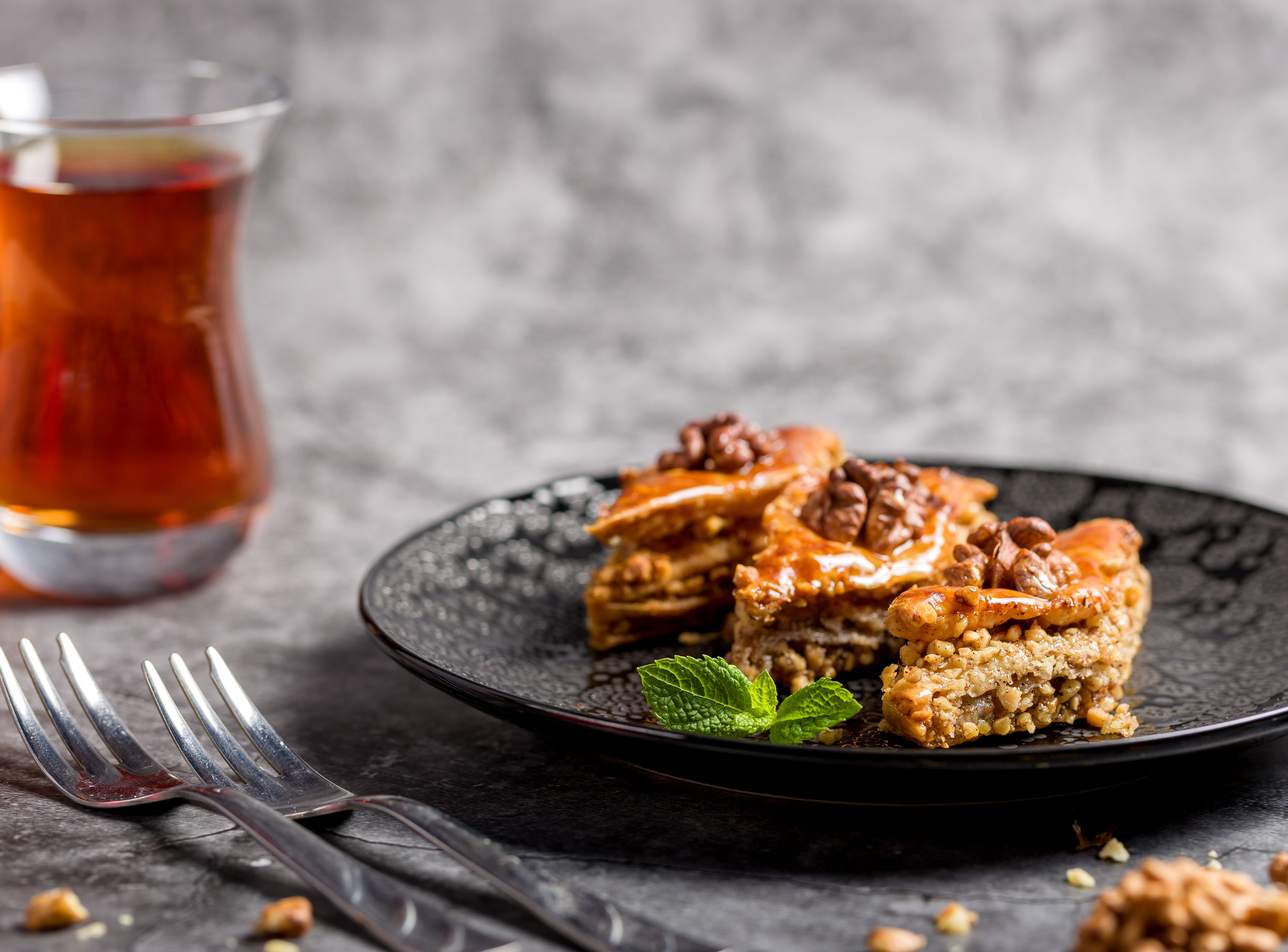
8 Effective Ways to Reduce Sugar Cravings
Author: Dietician Nur Sultan Çakır
Sudden and intense sugar cravings are one of the most common struggles many people face during the day. Maybe you find yourself reaching for chocolate while working, feel unsatisfied after dinner without dessert, or crave sweets during a stressful afternoon. But there’s more behind these cravings than just “wanting something sweet.” Both biological and psychological factors can trigger sugar cravings. In this article, we’ll explore the causes of sugar cravings and practical ways to keep them under control.

Biological Causes of Sugar Cravings
1. Blood sugar fluctuations
One of the main reasons for sugar cravings is unstable blood sugar. Simple carbs like white flour, sugary drinks, and sweets quickly spike blood sugar—but this is followed by a sharp drop. The brain then signals for more sugar to restore energy, creating a vicious cycle. This is why afternoon sugar cravings are so common.

2. Lack of protein and fiber
Balanced meals with protein and fiber keep you fuller for longer. Without enough protein, the stomach empties faster; without fiber, blood sugar spikes and crashes. Both conditions set the stage for cravings. For example, eating just a bagel or pastry for breakfast often leads to strong chocolate cravings later in the day.

3. Poor sleep
Too little or poor-quality sleep directly affects metabolism. Sleep deprivation raises the hunger hormone ghrelin and lowers the satiety hormone leptin. This imbalance drives people toward high-calorie, sugary foods. A restless night often results in stronger cravings the next day.
4. Hormonal changes
In women, hormonal shifts during the menstrual cycle (changes in estrogen and progesterone) can increase sugar cravings. The body naturally demands more energy during this time. Without mindful eating habits, sweet consumption can easily spiral out of control.

Psychological and Emotional Causes
Sugar cravings aren’t just about biology—stress, habits, and emotions play a big role too.
-
Stress: Daily stress raises cortisol, which pushes the brain toward quick-energy foods—often sweets. While sugar provides temporary relief, it can become a long-term habit.
-
Habits: That post-dinner dessert might not be a physical need at all—it’s often a learned behavior. Over time, “I can’t finish a meal without dessert” becomes an automatic expectation.
-
Emotional eating: Many people turn to sweets when they feel sad, lonely, or anxious. While this brings short-term comfort, it often ends with regret.

How to Control Sugar Cravings
1. Build balanced meals
Every main meal should include protein, healthy fats, and fiber. For instance, instead of just eating a pastry for breakfast, try whole-grain bread with eggs, cheese, and greens. This keeps blood sugar stable and reduces cravings throughout the day.
2. Don’t skip snacks
Long gaps without food can trigger cravings. Healthy snacks stabilize blood sugar and curb sweet urges. Good options include:
-
Yogurt with fruit and a sprinkle of cinnamon
-
Whole-grain toast with peanut butter
-
A handful of raw almonds with dried apricots

3. Prepare healthy sweet alternatives
You don’t need to cut sweets completely. Healthier homemade options are more sustainable: oat-date-walnut energy balls, chia pudding with milk, or baked cinnamon apples. Even a small piece of dark chocolate can satisfy a craving without going overboard.
4. Use cinnamon and spices
Certain spices help balance blood sugar. Adding cinnamon to fruit or yogurt can make cravings easier to manage.
5. Stay hydrated
Sometimes sugar cravings are actually thirst in disguise. Dehydration can make the brain send “hunger” signals. Drinking enough water daily helps prevent unnecessary snacking.

6. Prioritize good sleep
Getting 7–8 hours of quality sleep supports hormone balance and appetite control, reducing sugar cravings naturally.
7. Manage stress in healthier ways
Instead of reaching for sweets when stressed, try a short walk, deep breathing, or an enjoyable activity. These alternatives can help stop emotional eating before it starts.
8. Practice portion control, not total restriction
Completely banning sweets often backfires and makes cravings stronger. Allowing yourself a small, mindful portion helps you enjoy treats without guilt. The key is moderation and timing.

👉 You don’t have to eliminate sweets from your life. The real goal is to enjoy them consciously and in moderation. With the right habits, you can avoid sugar crashes, stay healthy, and still satisfy your sweet tooth in a sustainable way.



